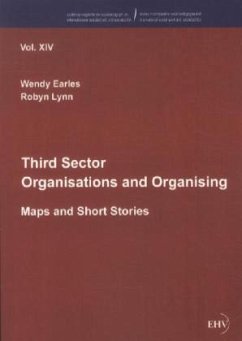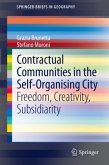Over the past few decades there has been considerable transformation of the organisational arrangements for public service provision and advocacy across most Western democracies, not least in Australia. Waves of ideologically driven reforms have reshaped organisations, ways of organising and systems, particularly those in the third sector. Each wave has produced specific synergies and contradictions that contribute to the need for further reshaping. As artefacts, local organisations, ways of organising and systems hold historic meaning that can guide practitioners as they seek to understand past change, transverse existing landscapes, question the utility and soundness of current meaning, and seek to create new landscapes that respond to different value-sets. The studies present here were undertaken by the authors over two decades in partnership with local practitioners to respond to their expressed need for new maps and compasses to understand and transverse the rapidly changingorganisational landscapes in which they practice. The authors draw on practitioners lived experiences of micro-change in particular sites to construct synthesised stories, develop organisational typologies, articulate principles and logics of organising, and construct paradigmatic maps.
Bitte wählen Sie Ihr Anliegen aus.
Rechnungen
Retourenschein anfordern
Bestellstatus
Storno








